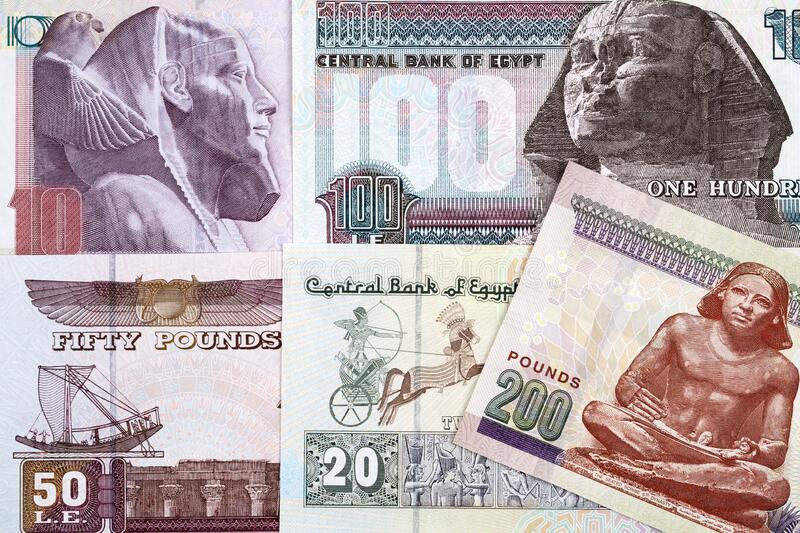
Cabinet Spokesperson Counselor Mohamed al-Hamasy stated that Prime Minister Mostafa Madbouly clearly indicated in the weekly press conference that Egypt will not witness a ‘significant flotation‘ like last March.
“This means that we will not see a large jump in the exchange rate, but rather a movement based on supply and demand,” he added.
In a phone-in to the ‘Sala al-Tahrir’ program, the government spokesperson added that the flexible exchange rate increase is based on supply and demand.
He explained: “When tracking the exchange rate over a period, we see ups and downs within a certain price margin, similar to the exchange rate in any country in the world.”
The state, in coordination with the Central Bank, is committed to maintaining a flexible exchange rate policy and providing the market’s needs through various dollar resources, he said, despite the decline in Suez Canal revenues.
However, the state has various resources from remittances, exports, and tourism.
He assured that the state, in coordination with the Central Bank, will provide the state’s needs of foreign currency (dollars).
Al-Hamasy concluded by saying that the Central Bank’s announcement of an increase in its foreign exchange reserves to unprecedented levels in Egypt’s history is proof that resources are being obtained and provided to the local market to meet its foreign currency needs, in addition to reserves.
This is considered a success for the Central Bank, and was commended by the Managing Director of the International Monetary Fund (IMF) during her visit.
Devaluation Efforts
To help stabilize the economy, the Central Bank of Egypt devalued the pound several times in 2023. This made Egyptian goods cheaper for export, potentially attracting foreign investment.
However, it also increased the cost of imported goods, including essentials like food and fuel, leading to inflation.
Egypt’s domestic debt increased by eight percent in the first quarter of 2023 to reach LE6.86 trillion ($222.18 billion), compared to LE 6.352 trillion in the last quarter of 2022, according to data from the Ministry of Planning and Economic Development back in September 2023.
Based on the data, Egyptian external debt also rose to US$165.361 billion by the end of the first quarter of 2023, an increase of 1.5 percent compared to the last quarter of 2022, when it recorded $162.928 billion.
IMF Loan and Reforms
Egypt secured a loan from the IMF in 2023 with the condition of implementing economic reforms.
These reforms included a move towards a more flexible exchange rate system, allowing the market to determine the value of the dollar to some extent.
Floating the exchange rate of the Egyptian pound against foreign currencies is one of the most important conditions of the IMF that was agreed on with the Egyptian government.




